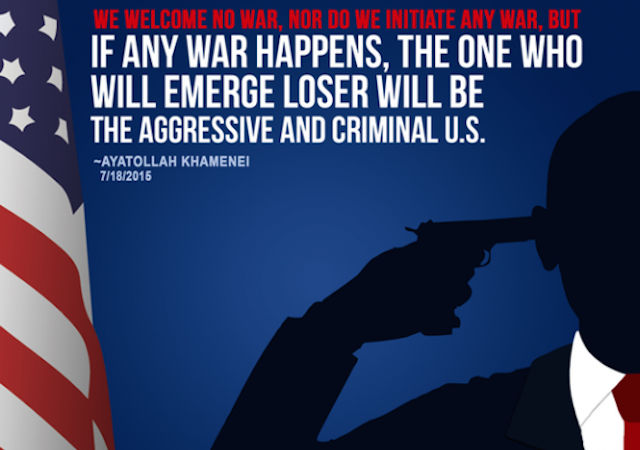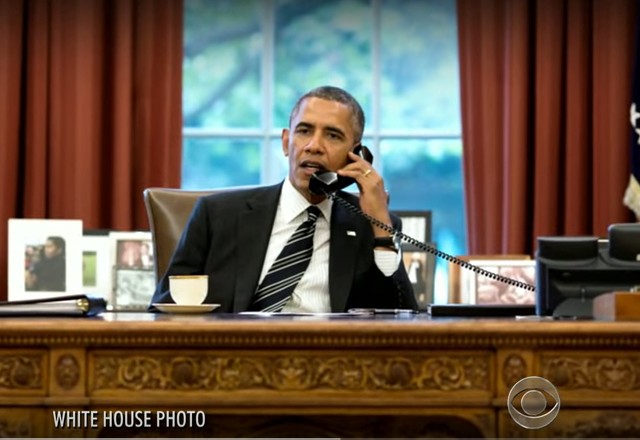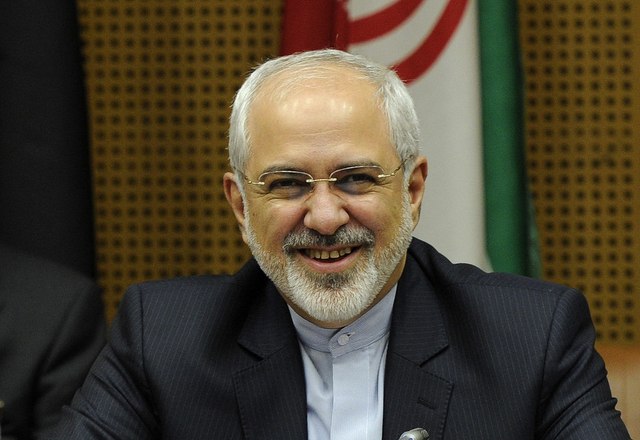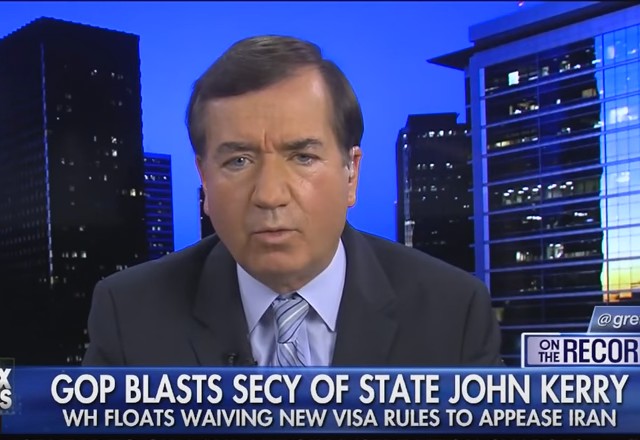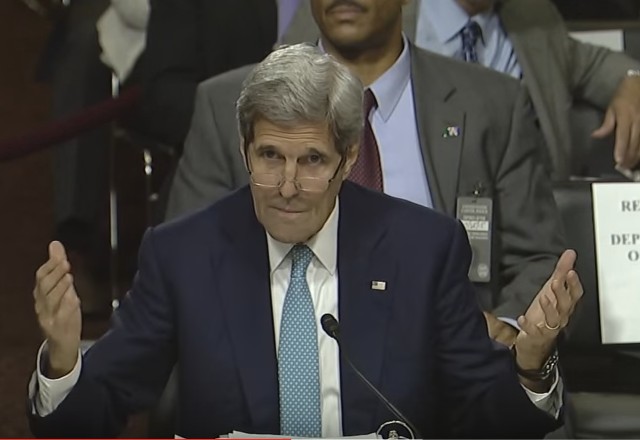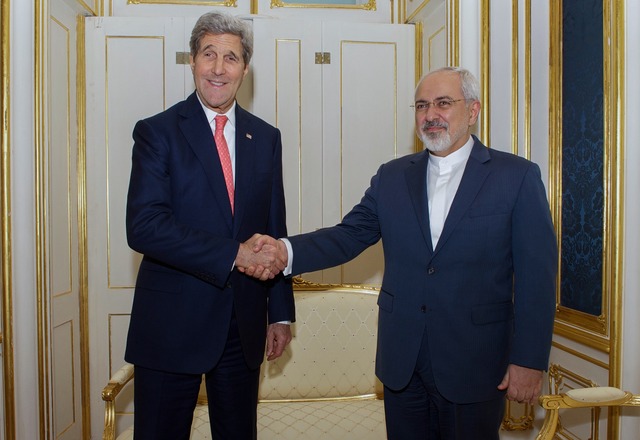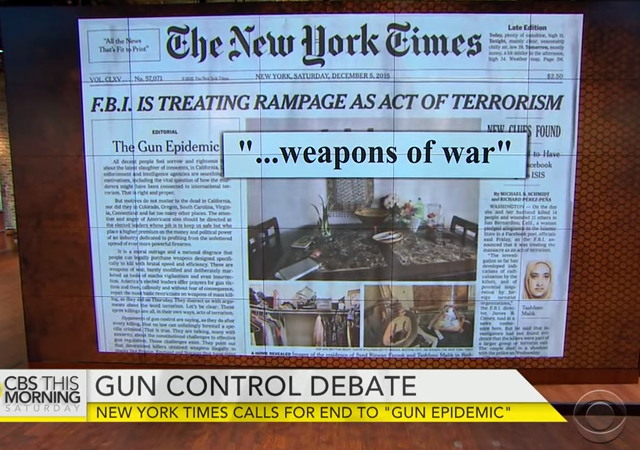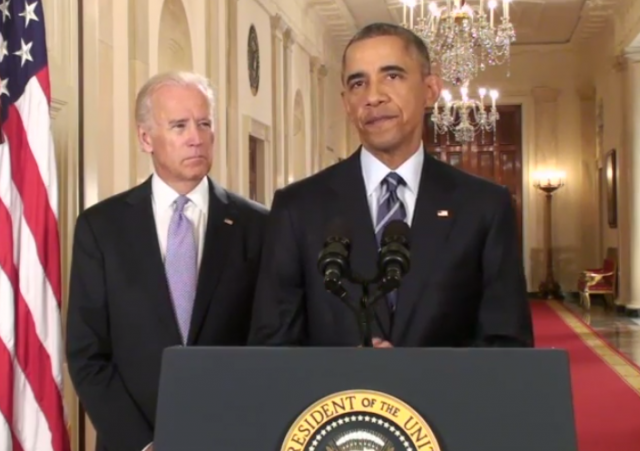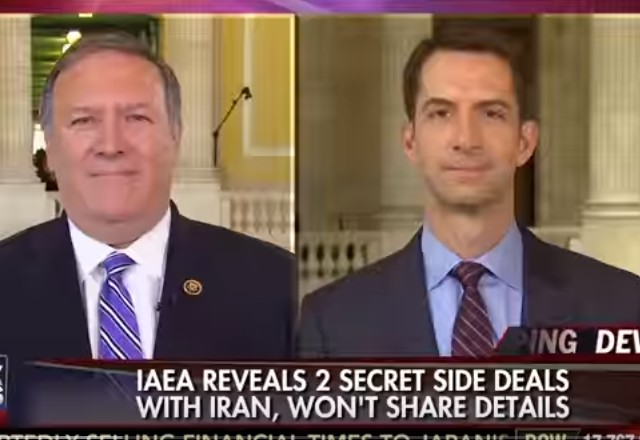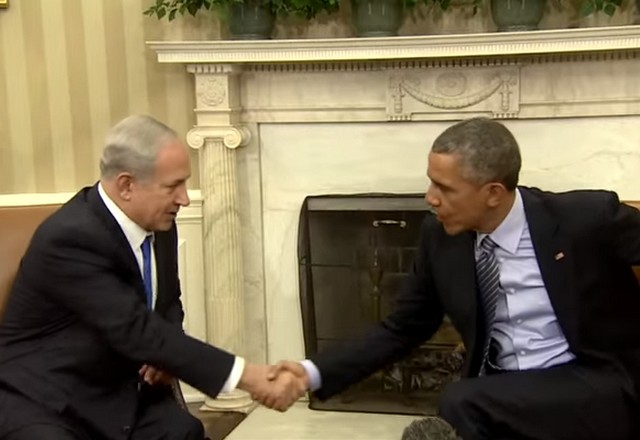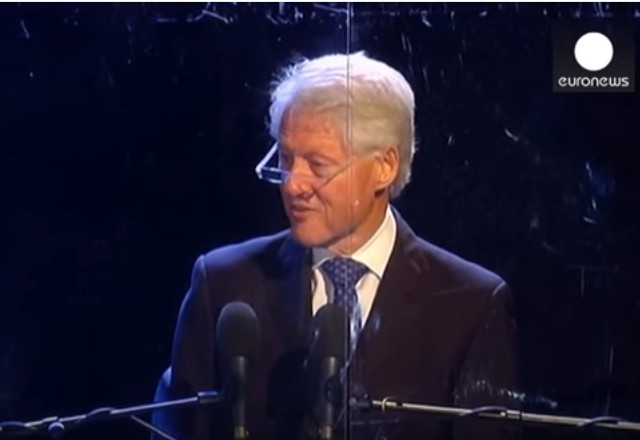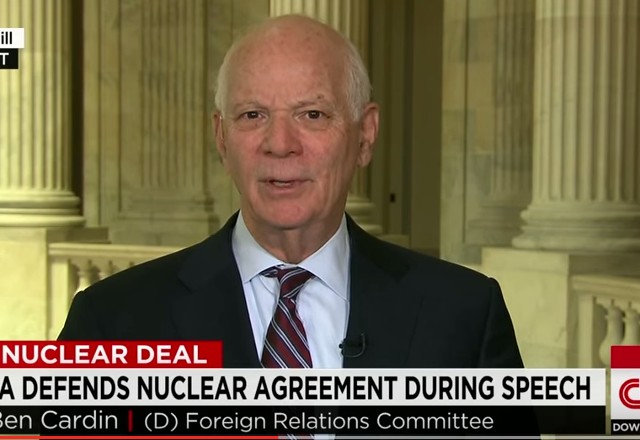Vox Distorts History In 10-Minute Video About Arab-Israeli Conflict
on January 21, 2016
10 Comments
Vox.com, which purports to "explain" things, has turned its attention to the Israeli-Palestinian conflict. The results are not pretty. Truth takes a backseat to revisionism and a combination of ignorance and propaganda forces out knowledge.
Here's the video, but be sure to read the explanation below as to how it misleads:
In general the content can be divided in two: anything that makes Israel look bad or the Palestinians sympathetic is described in (often incorrect) detail; anything that makes the Palestinians (or Arabs generally) look bad is described only generally. Israel is active; Palestinians are passive.


